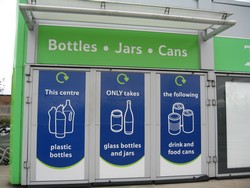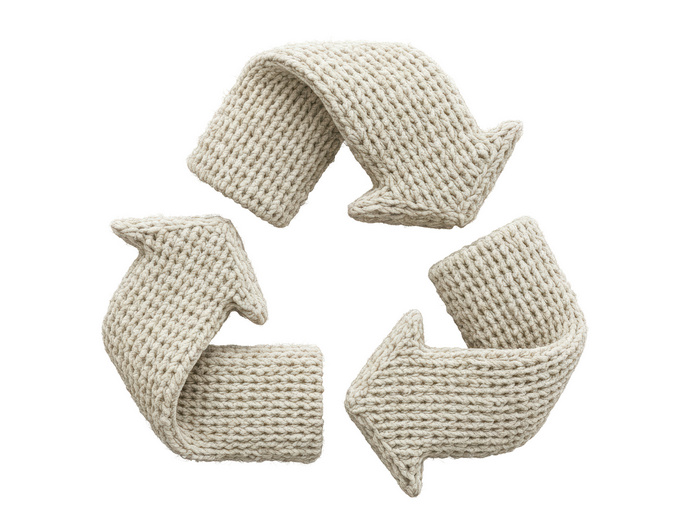Consumption work reconfigures the division of labour in the 21st century
The evolution of work and employment in recent decades reconfigures the division of labour, which traditionally involves assigning workers to specialised tasks. The EU-funded DIVLAB (Consumption work and societal divisions of labour) project developed and expanded this concept by exploring some of new forms of labour increasingly required of consumers in order to complete the division of labour. Specifically the project team introduced the idea of ‘consumption work’, defined as all work undertaken by consumers required for the purchase, use, reuse and disposal of consumption goods. It focused on three different activities, namely home broadband installation, food preparation and household recycling of waste. This involved comparing consumption work in five different countries: Sweden, the UK, France, Taiwan and South Korea. To achieve its aims, the project team conducted interviews with consumers and experts in all three fields across two or more countries. It revealed how consumption work is a distinct form of labour, noting the distinct range of tasks required in different fields. DIVLAB also suggested that almost all goods or services require users to expend additional labour on them before they can be used and that consumption work determines exactly what is finally consumed. With respect to broadband installation, the team focused on historical development and national variations in how broadband was provided. It particularly investigated the consumption work that is required of end-users to install, use and maintain broadband access at home, and the time spent ensuring interoperability across devices. Here the UK and South Korea were at opposite ends of a continuum requiring greater and less work on the part of consumers. Regarding food preparation, the team outlined broad national differences among the countries under study. In Taiwan, eating out and buying in prepared food tends to be the norm, while the UK is also increasingly reliant on ready-made food. French consumers, however still favour home preparation of meals using traditional ingredients, with relatively little change since the 1970s. Lastly, when it comes to recycling household waste, Swedish consumers were heavily involved in sorting and transporting their waste to recycling centres and morally committed to this consumption task, while the responsibility for collection in the UK fell more on municipal authorities. The research in all three areas offers important insights into new societal divisions of labour and the work that is increasingly expected of consumers.







